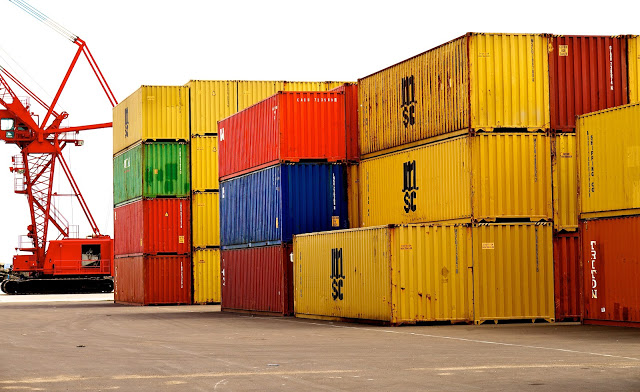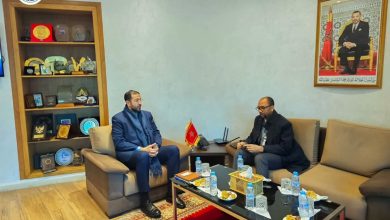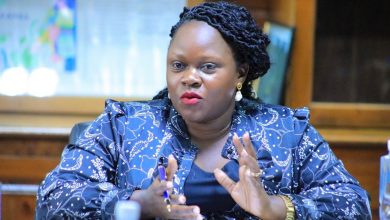Experts urge Africa to cut tariffs, boost intra-continental trade

ALGIERS, ALGERIA: African governments must scale back and ultimately eliminate tariffs and non-tariff barriers if the continent is to boost intra-African trade from the current 15 percent to 50 percent, experts and stakeholders said Friday at the 4th Intra-African Trade Fair (IATF2025) in Algiers.
The call was made during a panel on positioning African exporters at the forefront of global trade, coming just months after China announced it would scrap tariffs on imports from all 54 African countries.
Pamela Coke-Hamilton, executive director of the International Trade Centre (ITC), said reducing tariffs while ensuring movement and integration would be “a revolution” for the continent. She stressed the importance of providing access to timely information, particularly for small and medium enterprises (SMEs), which account for 90 percent of global trade and 70 percent of global employment.
“We cannot just ignore them,” she said. “What is critical is enabling them to utilize systems and mechanisms to find market opportunities.” She cited Côte d’Ivoire as an example, noting that tariff removal could raise its exports by more than 25 percent.
Alhaji Bashir Adewale Adeniyi, comptroller general of the Nigeria Customs Service and chairperson of the World Customs Organisation (WCO), highlighted progress made through the Pan-African Payment and Settlement System (PAPSS), launched by Afreximbank. The system, he said, saves Africa more than $5 billion annually in transaction costs.
ALSO READ: AFRICAN CONTINENTAL FREE TRADE AREA: Govt directs smooth entry
PAPSS, which links 17 central banks, 12 switch operators, and 52 commercial banks, was designed to streamline cross-border payments and unlock Africa’s internal trade potential. However, no East African central banks or Tanzanian commercial banks have joined the platform. Tanzanian officials have not commented.
Despite Africa accounting for 19 percent of the global population, Adeniyi warned that the continent contributes only 3 percent of global trade and 15 percent of intra-African trade. “When systematic barriers are removed and targeted support is provided, businesses, especially women-led, can thrive,” he said.
He pointed to five priority areas to enhance exports: simplifying complex processes, building trust between exporters and SMEs, leveraging technology, harnessing youth talent, and unlocking women’s potential.
Nikhil Gandhi, global head of strategic partnerships at Arise IIP, noted that intra-African trade remains dominated by raw materials, while Africa’s share in global manufacturing hovers at just 2 percent.
“While 30 percent of global raw materials come from Africa, in some sectors like cocoa and cashew it exceeds 70 percent,” Gandhi said. “Yet, in the cotton sector, Africa imports more than 40 billion US dollars worth of ready-made garments.”





